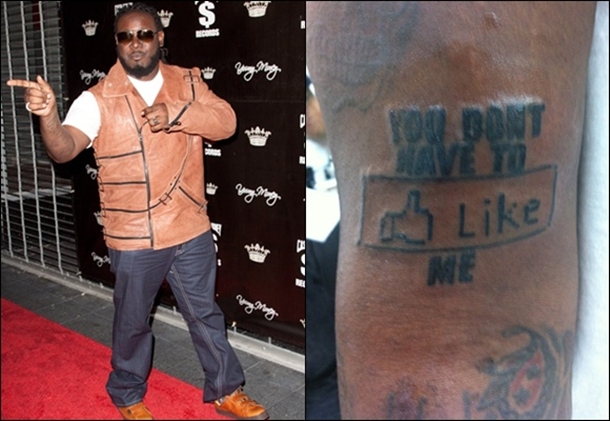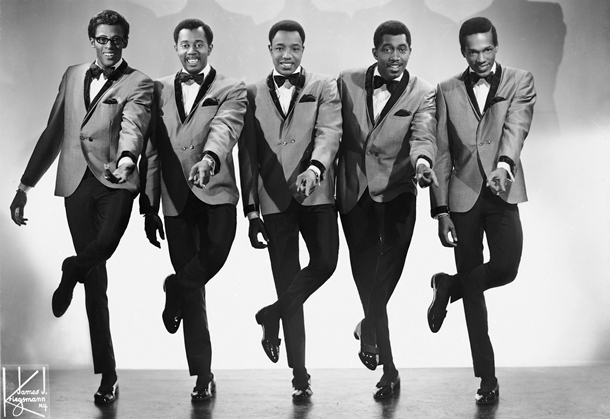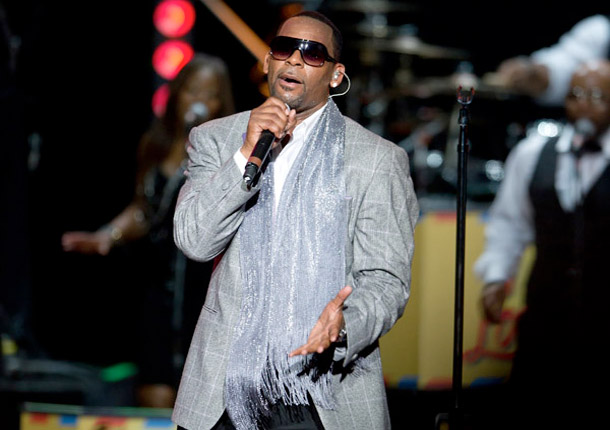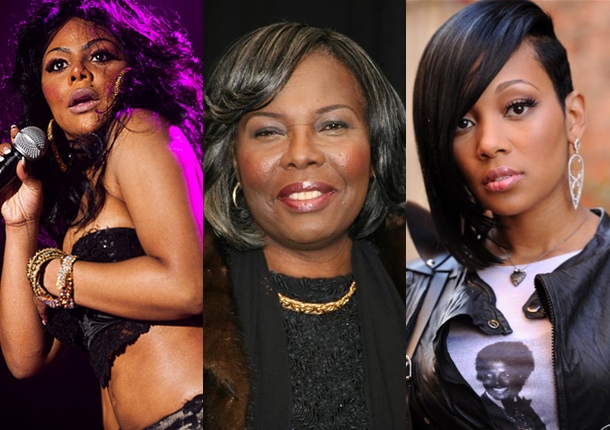Artists create music as a source of entertainment but they also use their fame as a platform to empower people of political or social movements within our society. With the United States in an economic downturn, social groups have started the Occupy protest to voice their concern of unjust practices by major corporations. Artists including Kanye West, Lupe Fiasco, Radiohead and Raheem DeVaughn joined the protesters helping to bring awareness on capitalist policies.
Raheem DeVaughn, the self proclaimed R&B hippie neo-soul rock star, was arrested in October, while taking part in Occupy DC along with American educator-friend-colleague, Dr. Cornell West & a number of others.
The support from the artists increased the exposure on a sensitive political and economic issue.
We’re sure many appreciated their support.
From the Arab Spring to the Occupy Movement, 2011 was a year of memorable moments. In particular, the Occupy movement stands out as one of those pivotal events that defined our time and changed politics forever. This article looks back on the momentous occasion – exploring its inception, impact and legacy ten years later.
The Occupy movement began in September 2011 with protestors gathering in Zuccotti Park in New York City’s Financial District. The group quickly grew from an estimated 2,000 people gathered in lower Manhattan to demonstrations across major cities around the world – including London, Berlin and Tokyo. It became a powerful symbol for social justice – calling attention to wealth inequality and corporate greed.
The movement had an undeniable influence on discourse about economic equality over the past decade. As we move into 2021, it remains a crucial reminder that no matter how hard or long-lasting systemic oppression may be – people can come together to challenge authority and create change.
Origins Of The Movement
The Occupy Movement began in September 2011, when demonstrators gathered together in Zuccotti Park in New York City to protest inequality and corporate greed. The movement quickly spread across the country and around the world as protesters organized events and demonstrations to take a stand against injustice.
People from all walks of life joined forces at these protests: college students, teachers, union workers, artists, retirees – people who were fed up with corporate control over their lives and wanted to make a difference. Despite police crackdowns, arrests and attempts by city officials to shut down the encampments that had been set up in many cities, protestors kept coming back day after day – determined for their voices to be heard.
What started out as small local protests turned into something much bigger than anyone could have imagined – an international dialogue about income inequality and social justice that continues today. It is clear that this movement has had a lasting impact on our society – one whose legacy will remain for years to come.
Impact On Society
The Occupy Movement has had a profound impact on society. By bringing attention to issues of income inequality and the power of corporations, it has sparked an important conversation about how we can create more equitable societies. It has also raised awareness about social justice movements around the world, inspiring people everywhere to fight for change.
Though some may argue that the movement ultimately failed in its goals, it is clear that it had a lasting legacy. For example, many cities across the United States have passed legislation raising their minimum wage levels as a result of increased public pressure stemming from Occupy’s actions. Similarly, several countries have implemented new regulations designed to protect citizens’ rights and limit corporate influence over government policies.
What started out as small-scale protests quickly grew into something bigger – an international dialogue about economic injustice and systemic oppression that continues today. The Occupy Movement was not just a protest; it was a call for fundamental change in our society – one whose ripples are still being felt all these years later.
Conclusion
The Occupy Movement of 2011 was a powerful and important moment in time. It made us take a step back and analyze the impact that our society has on individuals, businesses, communities, and nations around the world. It brought attention to unfairness and inequality in many areas such as wealth distribution, corporate power, environmental destruction, political corruption, poverty levels and much more. The movement spread quickly throughout the United States and other countries around the globe with individuals standing up for what they believed was right.
I believe this movement had a huge lasting effect on all of us who were part of it or witnessed it from afar. We saw how people can come together peacefully to make social change happen without resorting to violence or division – something we could all learn from. Although there is still much work left to do before true equality becomes reality, I think it’s safe to say that the Occupy Movement was an incredibly important milestone in history; one which will remain etched into our minds forever.
So here’s to all those brave souls who fought for their beliefs during this tumultuous year – may your legacy live on!
Since 2005, Singersroom has been the voice of R&B around the world. Connect with us via social media below.








